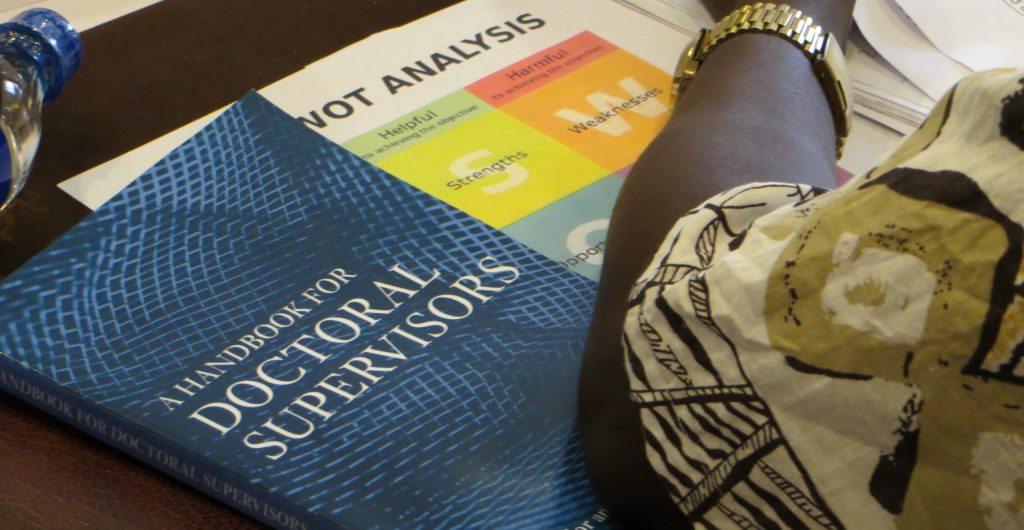Tag: Denmark
The origin of hair: The evolution of the trichocyte

Hair is a defining feature of mammals and was essential for their adaptation to a range of ecological niches. To shine a light on the evolution of hair, Professor Thomas Litman of the University of Copenhagen, Denmark, and Professor Wilfred D Stein of the Hebrew University of Jerusalem, Israel, investigate the ancient origins of the proteins which interact structurally with […]
Read More… from The origin of hair: The evolution of the trichocyte
Central banks and climate change mitigation: A Money View perspective

Directing financial flows on a path towards low CO2 emissions was a key objective of the Paris Agreement, but as Dr Jakob Vestergaard, Associate Professor in the Department of Social Sciences and Business at Roskilde University in Denmark, observes, ‘financial flows are not on that path at all’. In his investigation of the role of central banks in climate change […]
Read More… from Central banks and climate change mitigation: A Money View perspective
A canvas for a digital ecosphere

Digital Hub Denmark attracts digital talents, investors, and customers to Denmark. Digital Hub Denmark Professor, Claus A Foss Rosenstand, from Aalborg University, is helping organisations achieve exponential growth by leveraging digital disruptive technologies. While still in its early stages, this action research programme has produced a canvas to support digital ecosystems made up of digital tech-businesses in areas that are […]
New possibilities: Same-day surgery for trochlear dysplasia

Trochleoplasty is an open procedure performed on patients with patellar instability and/or chronic anterior knee pain, in patient having a flat groove (trochlear dysplasia). Though this is a widespread treatment for recurrent patella instability, open trochleoplasty is a highly invasive procedure and leads to an increased risk of infection, scar tissue, and pain. Dr Lars Blønd of The Zealand University […]
Read More… from New possibilities: Same-day surgery for trochlear dysplasia
Regression models using parametric pseudo-observations

The statistical analysis of survival data is the focus of research being carried out by Martin Nygård Johansen, a biostatistician at Aalborg University Hospital, Denmark, and his colleagues. Some patients’ actual survival times are not observed during a clinical study and are said to be censored. This research offers a new way to transform such time-to-event data into a dataset without censoring. […]
Read More… from Regression models using parametric pseudo-observations
Transnational research capacity building: whose standards count?

Background Research capacity building projects are transnational projects funded by a donor in the Global North, targeting universities in the Global South. Inevitably, these projects are embedded in various types of coloniality, as revealed by the capacity-building discourse itself. We offer a view from the Global North, by drawing on our own experiences of such projects and on a […]
Read More… from Transnational research capacity building: whose standards count?
xAI-EWS — an explainable AI model predicting acute critical illness

Early clinical predictions of acute critical illness have a vital influence on patient outcomes. For clinical medicine to benefit from the higher predictive power of Artificial Intelligence, however, explainable and transparent systems are essential. Simon Meyer Lauritsen and his collaborators at Enversion, Aarhus University, and Regional Hospital Horsens in Denmark have developed xAI-EWS – an explainable AI early warning score […]
Read More… from xAI-EWS — an explainable AI model predicting acute critical illness
Patients as partners in research – The challenges for researchers of patient involvement

Modern clinical research often includes Patient and Public Involvement (PPI), in which patients play an active role in the research process. While the benefits of PPI are well recognised, little attention has been given to the challenges researchers face in implementing it. Recently, Professors Mogens Hørder and Marie Konge Nielsen of the University of Southern Denmark set out to discover […]